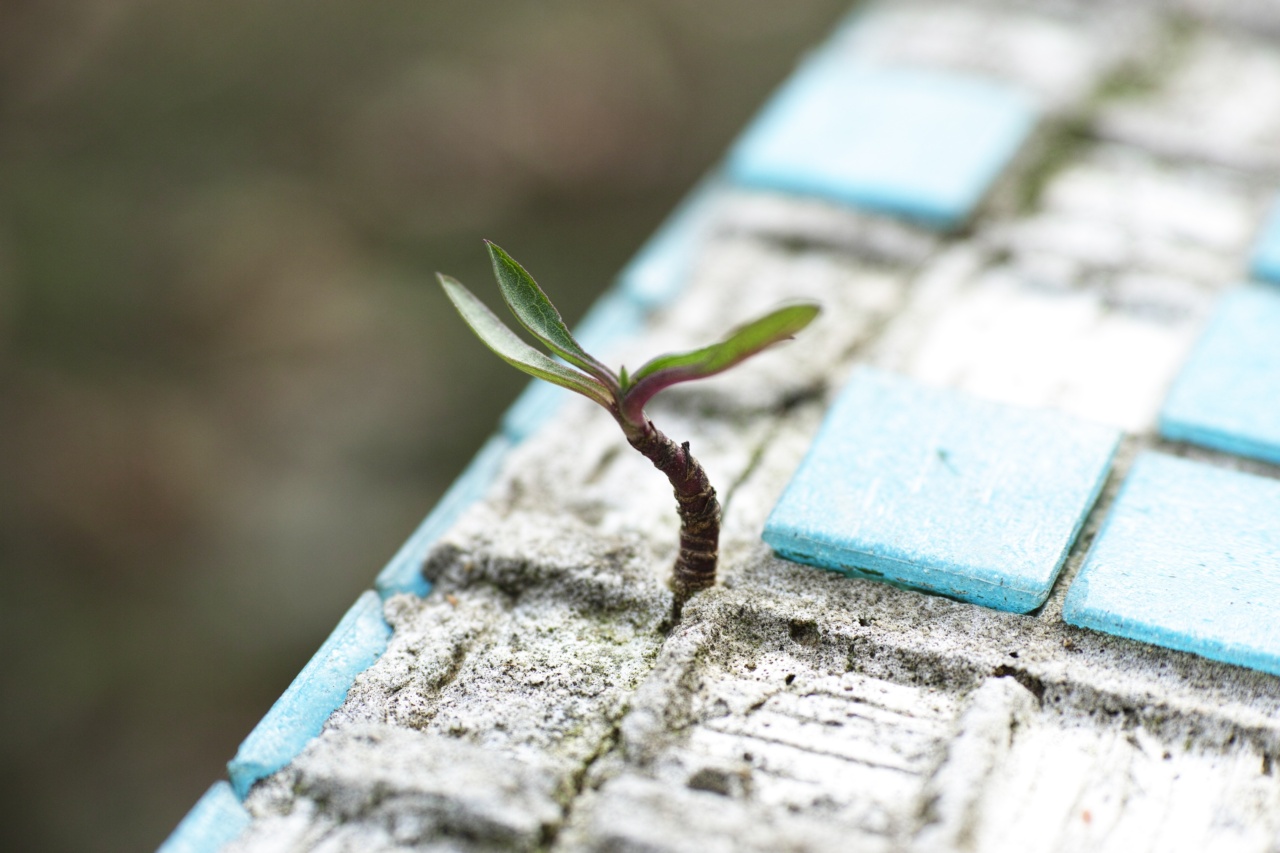Emotions are an integral aspect of human existence. They define the way we feel and interact with the world around us. They influence our decision making, motivation, and even physical well-being.
One particular emotion stands out among all the rest – that feeling is hope.
What is hope?
Hope is an optimistic and positive attitude towards life. It is the expectation and belief that things will get better in the future, regardless of the current situation.
It is the foundation of resilience, strength, and perseverance in difficult situations.
Why is hope important for survival?
Hope is the driving force that gives us the motivation to keep going, even in the face of adversity. When we have hope, we believe that life has meaning and purpose, and that there is a reason to strive for our goals.
We are more likely to take action towards achieving our desires with a positive outlook on life.
Without hope, life can seem meaningless and purposeless. Without a sense of meaning and purpose, it becomes difficult to find the motivation to keep moving forward in life. The absence of hope can result in depression, anxiety, and despair.
In severe cases, it can lead to suicide.
The role of hope in mental health
Hope plays a vital role in mental health. Individuals who have a strong sense of hope are more resilient to stress and are less likely to develop mental health problems.
Hope acts as a protective factor, reducing the negative impact of adverse life events on our mental well-being.
Furthermore, hope promotes positive thinking patterns, leading to a reduction in negative self-talk and self-doubt. This is essential in building a strong sense of self-confidence and self-esteem.
Individuals who have a positive outlook on life tend to be happier, more optimistic, and experience a greater sense of well-being.
How to cultivate hope
Hope is not an innate characteristic that some people are just born with. It is a learned behavior that can be cultivated. Here are some strategies to cultivate hope:.
- Set realistic goals: Identify achievable goals you want to accomplish in your personal or professional life.
- Surround yourself with positive people: Spend time with individuals who have a positive attitude towards life and uplift your spirit.
- Foster gratitude: Focus on what you have instead of what you lack. Recognize and appreciate the positive aspects of your life.
- Develop self-compassion: Be kind to yourself. Treat yourself with the same kindness and understanding you would offer to a friend in need.
- Pursue your passions: Engage in activities or hobbies that bring you joy and fulfillment. Pursuing your passion creates a sense of purpose and meaning in life.
Conclusion
Hope is a vital ingredient for survival. It is the foundation of resilience, mental health, and overall well-being. Without the feeling of hope, life can seem bleak and difficult to manage.
The good news is that hope is a learned behavior that can be cultivated through positive thinking patterns, goal-setting, self-compassion, and pursuing passions.






























